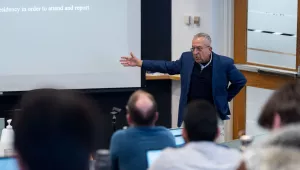Abstract
This article focuses on the construction of "soldier" and "victim" by post-conflict programs in Sierra Leone. Focusing on the absence of individual testimonies and interviews that inform representations of women and girls post-conflict, this article demonstrates that the ideal of the female war victim has limited the ways in which female combatants are addressed by disarmament, demobilization, and reintegration (DDR) programs in Sierra Leone. It is argued that titles given to female soldiers such as "females associated with the war," "dependents," or "camp followers" reveal the reluctance of reintegration agencies to identify females who participated in war as soldiers. In addition, I argue that men and masculinity are securitized post-conflict while women—even when they act in highly securitized roles such as soldiers—are desecuritized and, in effect, de-emphasized in post-conflict policy making. The impact of this categorization has been that the reintegration process for men has been securitized, or emphasized as an essential element of the transition from war to peace. In contrast, the reintegration process for females has been deemed a social concern and has been moralized as a return to normal.
Mackenzie, Megan. “Securitization and Desecuritization: Female Soldiers and the Reconstruction of Women in Post-Conflict Sierra Leone.” Security Studies, April 2009





